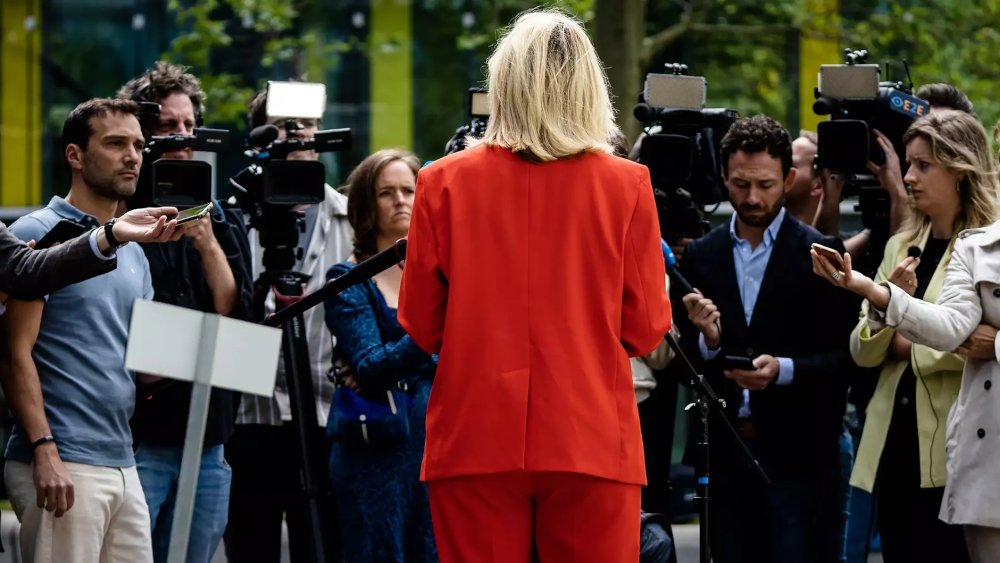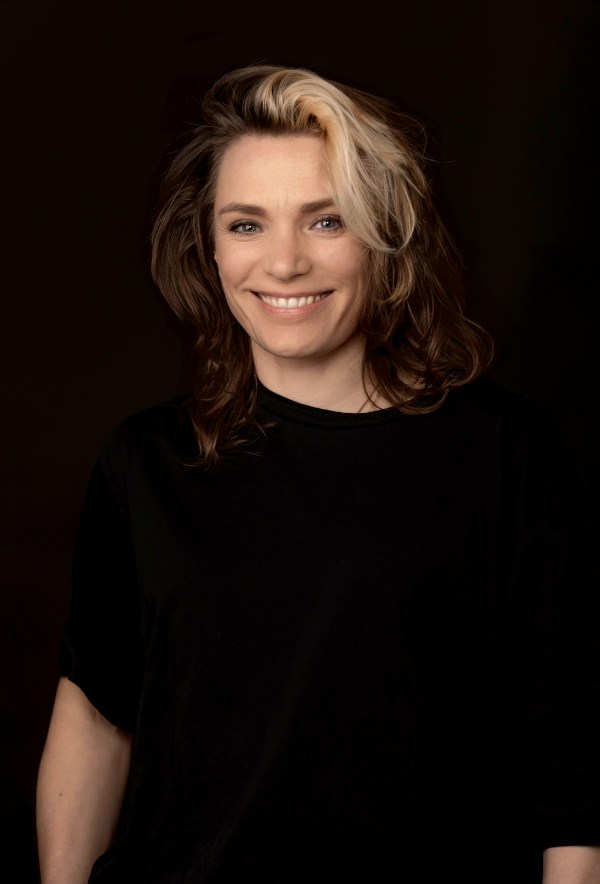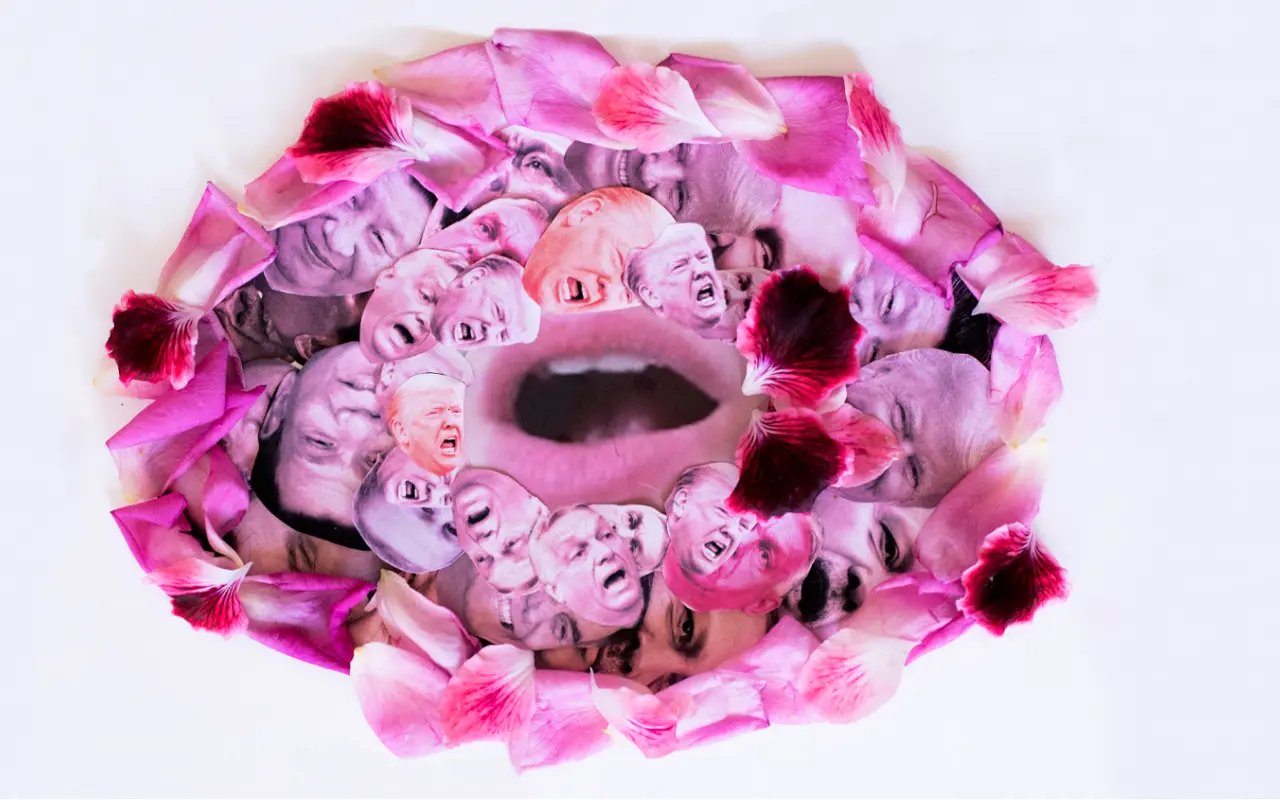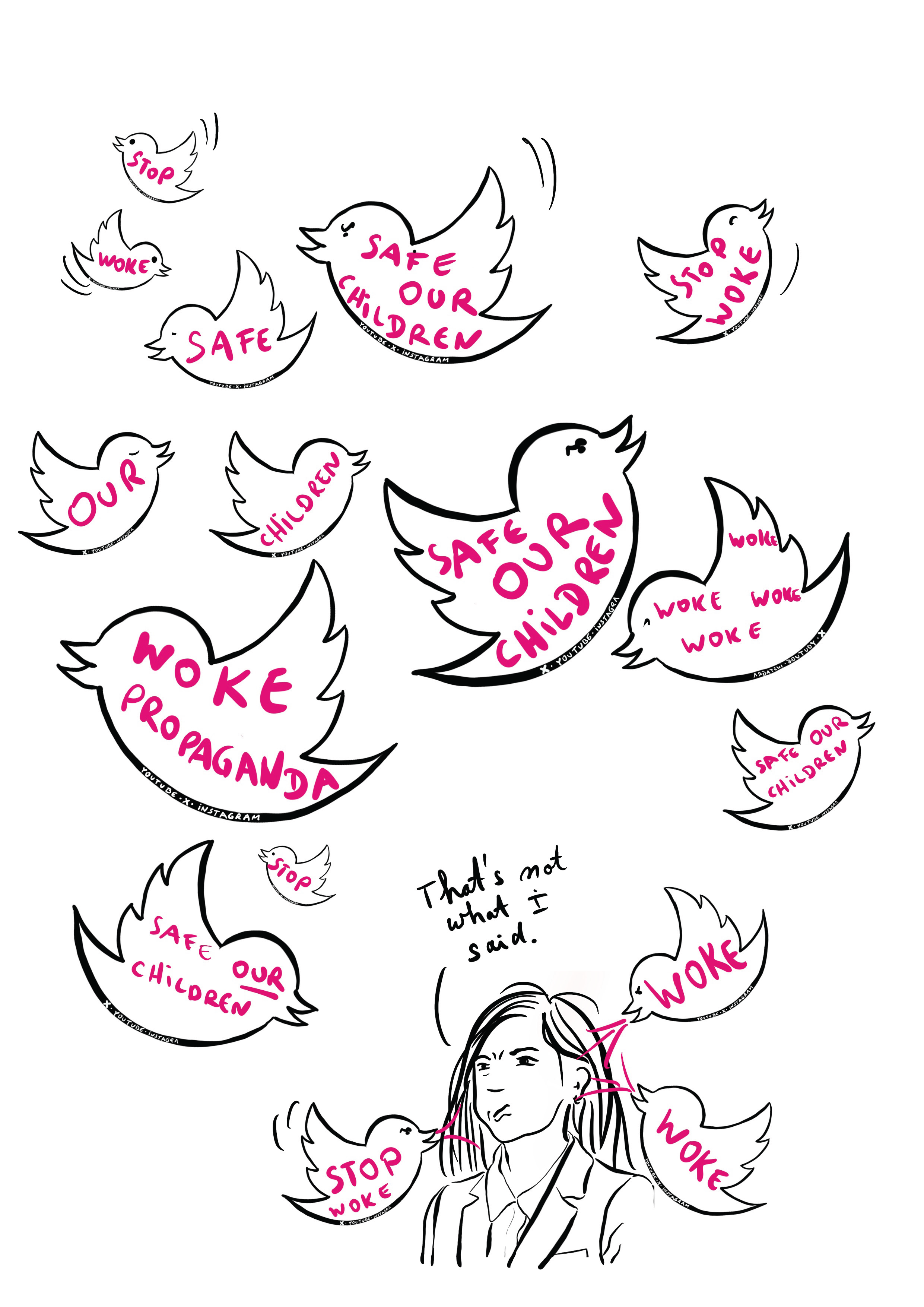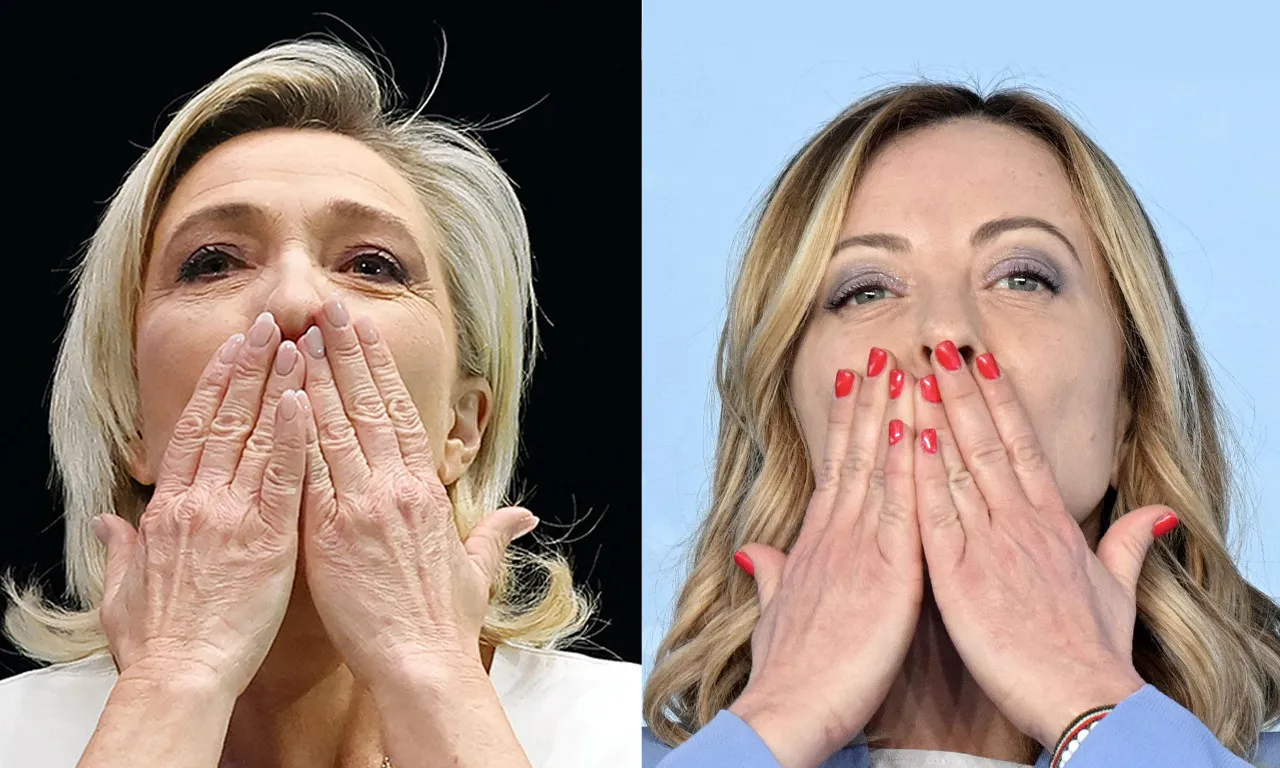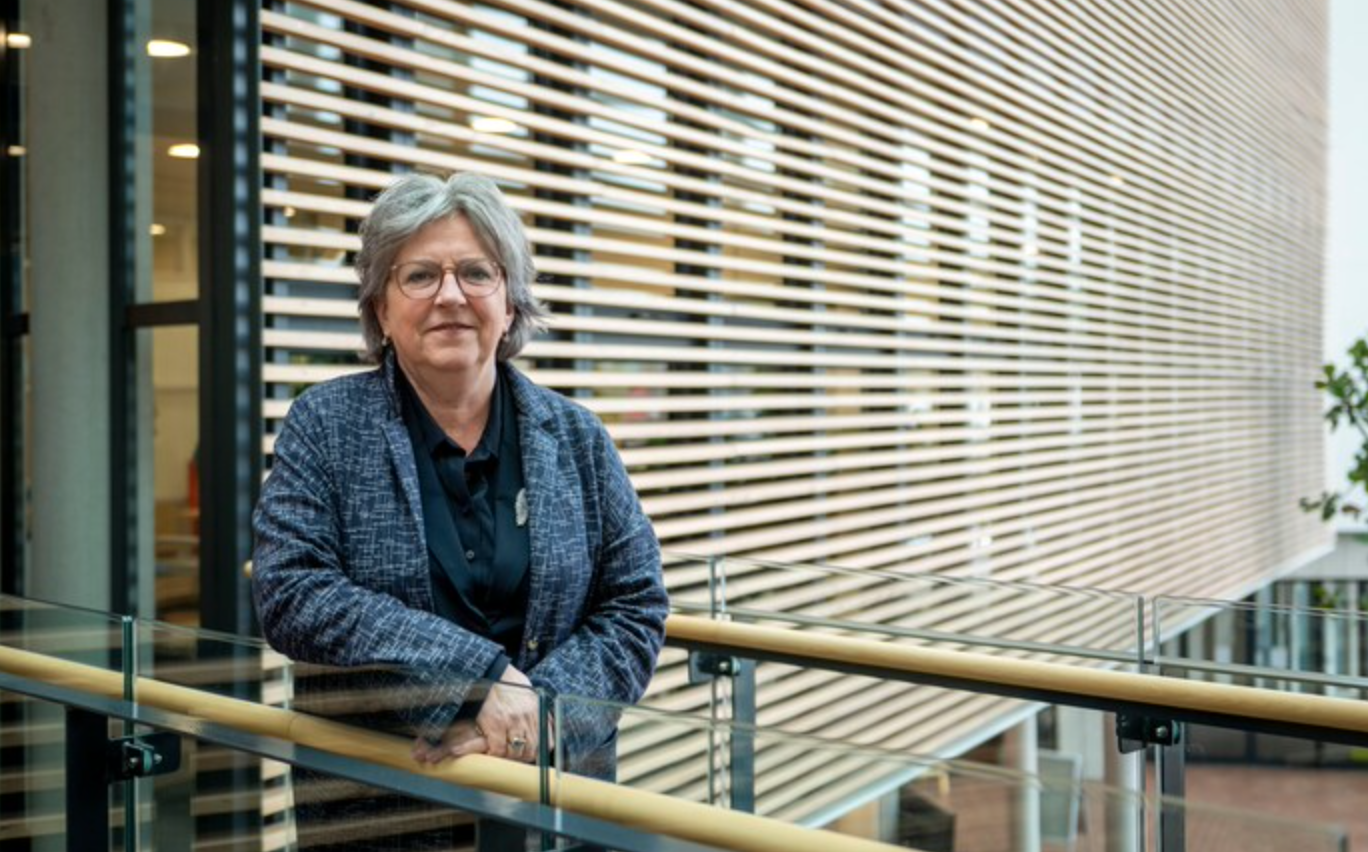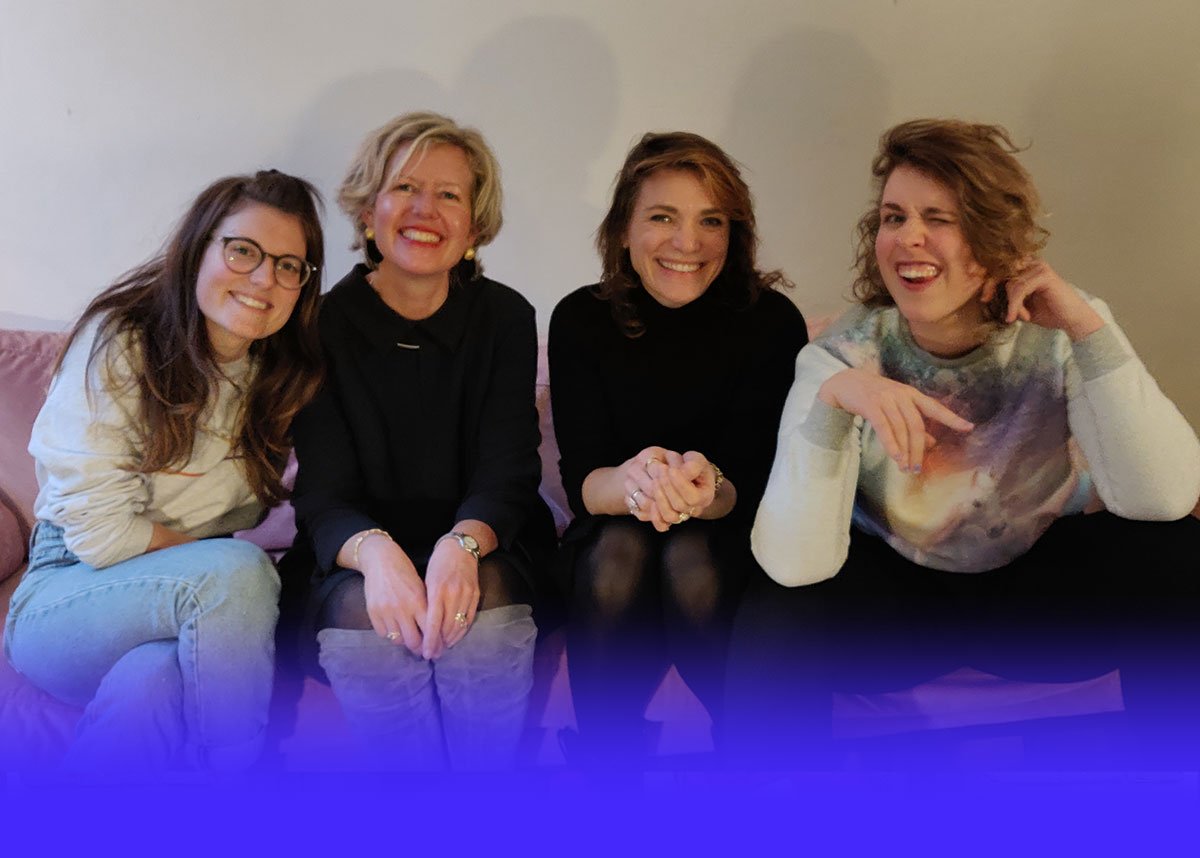Recently, the Dutch parliament has undoubtedly been getting more diverse than before. Since 2021 the first transgender woman MP, the first MP wearing a hijab, the first black woman party leader, and the first non-binary MP have been elected - to name just a few examples. But what challenges do these MPs face once in office? There is a need for better understanding of how these politicians can not only be elected, but also be included, stay in office, and build expertise and power.
Zahra Runderkamp
PhD Candidate

